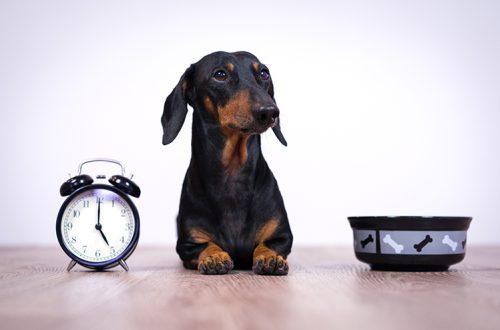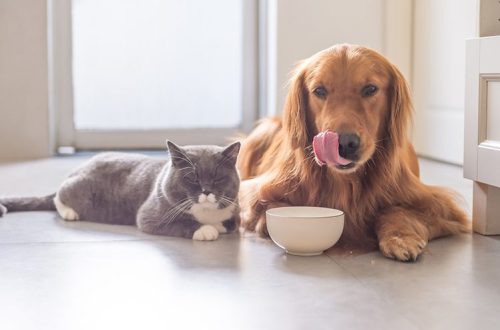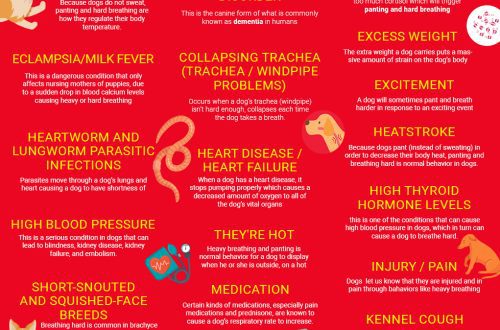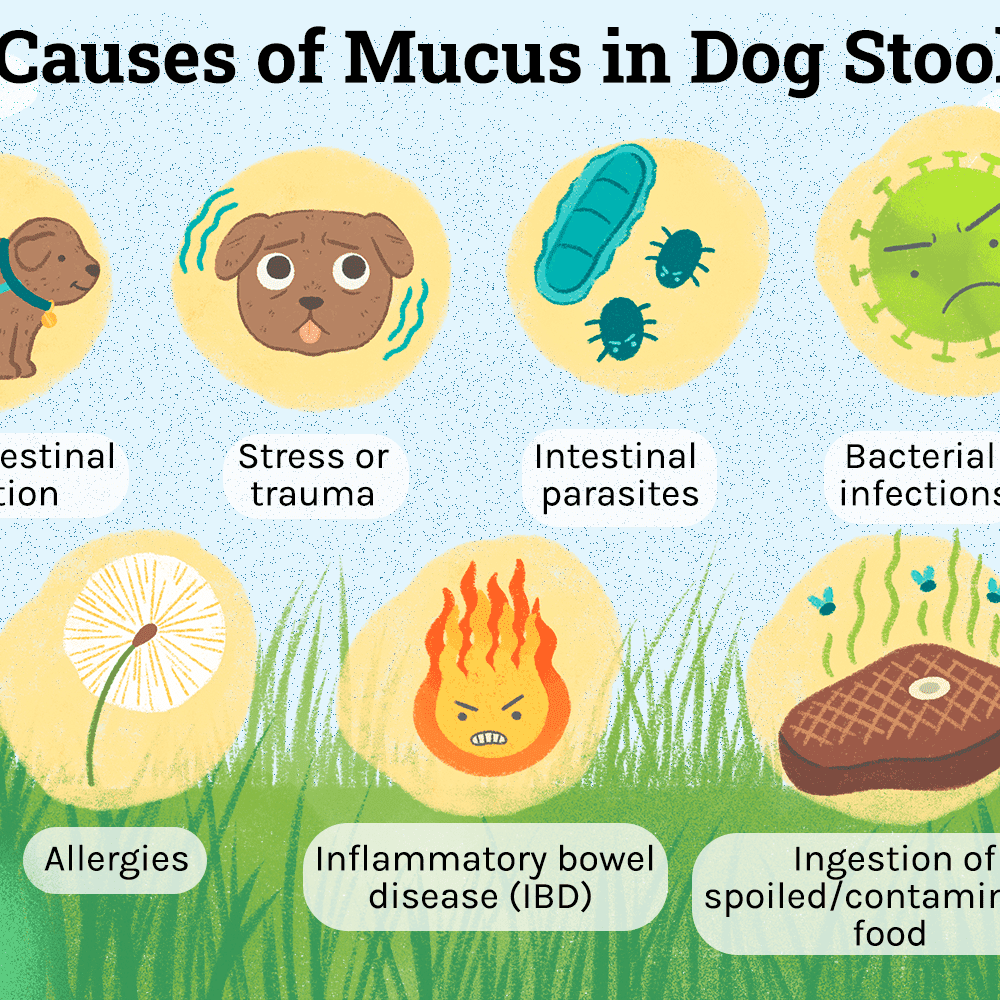
Mucus feces in dogs – causes and treatment
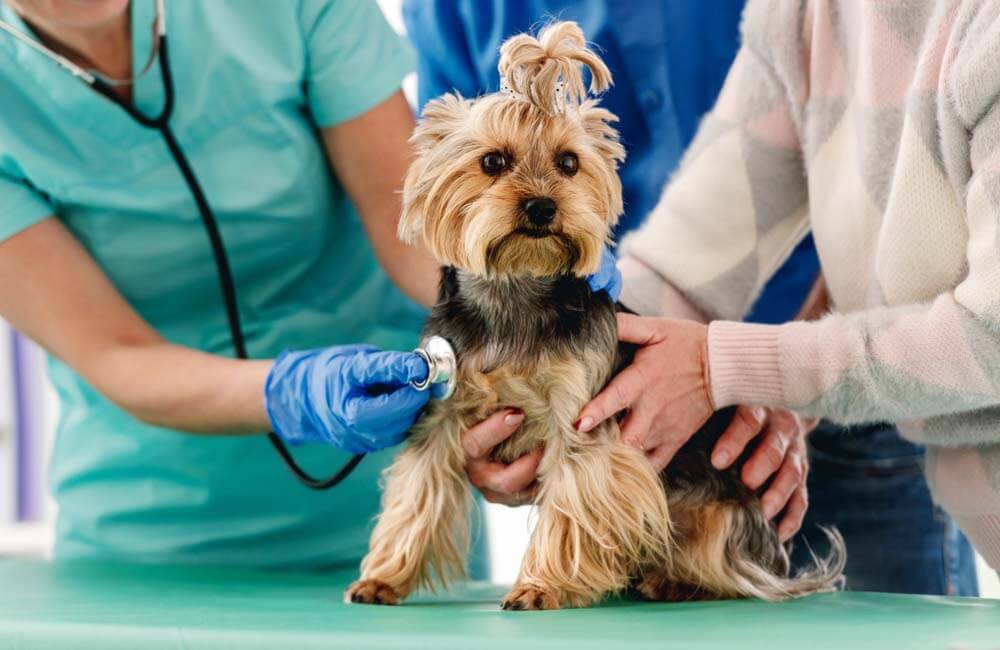
Contents
7 reasons why your dog has mucus in his stool
The presence of streaks or clots of mucus in the feces always indicates the localization of the problem in any of the sections of the intestine – most often it is the large intestine, but there may also be a violation in the small section. It is important to note that in addition to mucus, other problems can often appear in the feces: nausea, diarrhea, constipation, lethargy, etc.
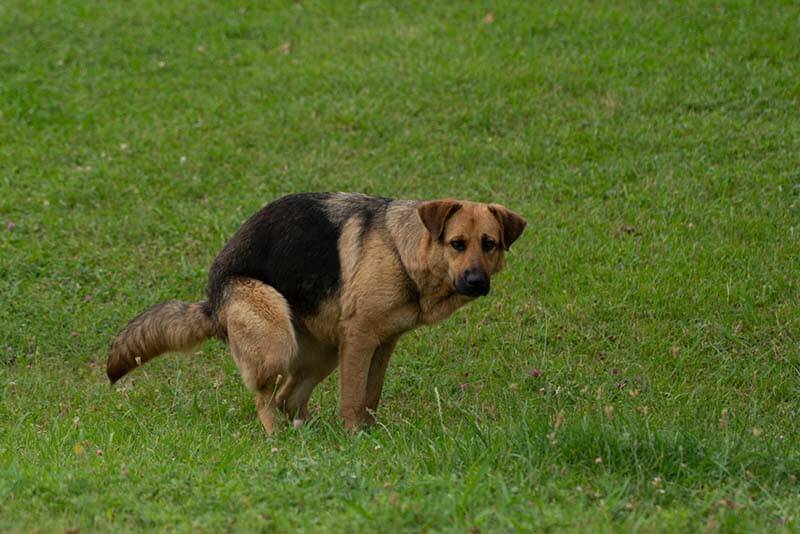
food stress
This is one of the most common causes of digestive upset. It may be accompanied by the appearance of a stool with mucus in the dog. The problem is related to eating disorders: a sharp transition from one food to another, eating unsuitable, fatty foods (smoked meats, butter, etc.).
Foreign body in the intestine
This reason can smoothly exit from the above problem. Foreign objects such as bones, bags, sticks, rubber toys and much more often get into the stomach and intestines of dogs. In most of these cases, there is mechanical damage to the mucous membrane of the gastrointestinal tract (GIT) and inflammation.
Parasitosis
Unfortunately, not every dog is regularly dewormed. A large list of intestinal parasites is not limited to roundworms and tapeworms, it also includes protozoa (Giardia, etc.), which cause intestinal inflammation.
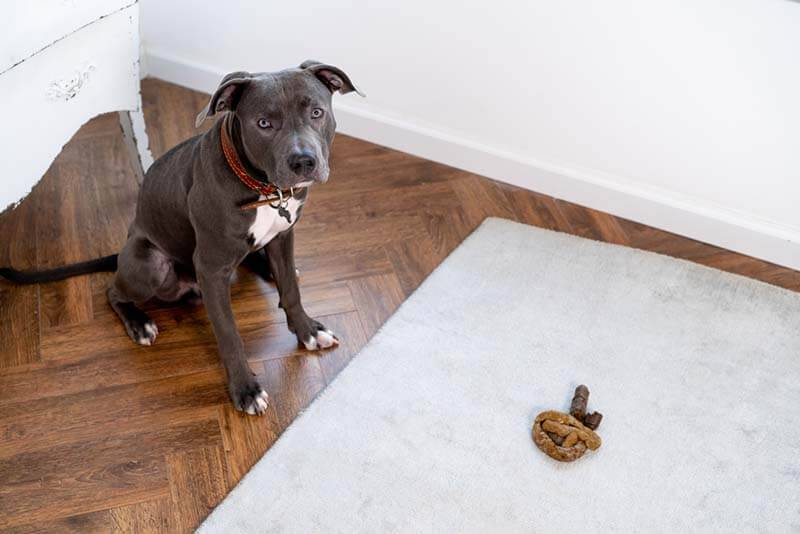
Infectious diseases
It is always worth keeping this group of causes in mind when detecting a defecation disorder, especially in unvaccinated dogs or puppies. Infections can be either viral (parvovirus, coronavirus) or bacterial in nature (salmonellosis).
Neoplasms
Most tumors of the stomach and intestines occur in older dogs, but there are exceptions. The appearance of both benign and malignant neoplasms is possible. In some cases, they can reach such large sizes that they completely clog the intestinal lumen.
Poisoning
Damage to the intestines and the appearance of mucus in the feces can occur due to eating plants that are poisonous to the dog (azaleas, tulips, etc.) or foods (onions, garlic, nuts, etc.).
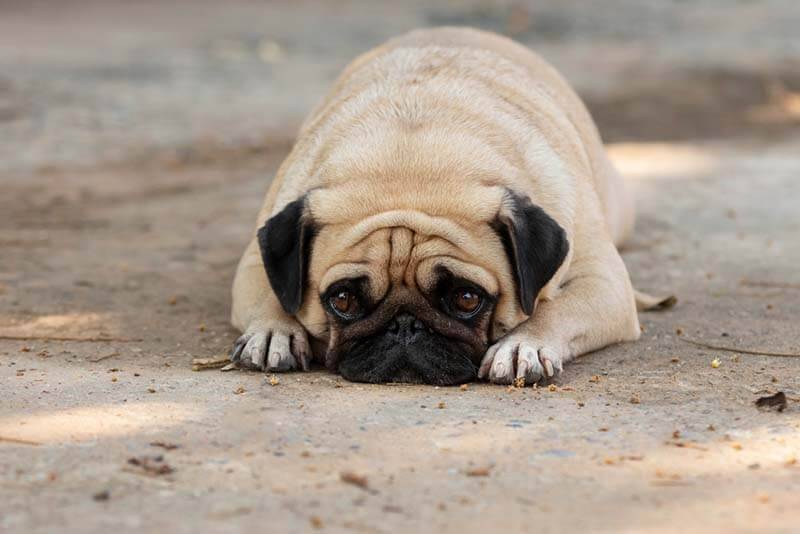
Inflammatory bowel disease (IBD)
This is a group of chronic diseases of the gastrointestinal tract, which is accompanied by persistent or recurrent disorders with signs of inflammation. They arise due to the complex interplay of a number of causes, such as genetic predisposition, intestinal microflora, feed ingredients, the immune system, and various environmental stimuli.
Diagnostics
In a dog with mucus in the stool, diagnosis begins with a detailed medical history. This will greatly facilitate the correct diagnosis.
The doctor needs to know what the pet is fed, when and with what means they were treated for parasites and vaccinated, etc.
Then a detailed examination of the animal is carried out, after which the veterinarian may need laboratory and instrumental research methods to make an accurate diagnosis.
To assess the general condition of the animal, a hematological and biochemical blood test is performed.
To exclude foreign objects, neoplasms of the gastrointestinal tract, radiography and ultrasound examination of the abdominal cavity are used. If tumors are detected, a biopsy or complete removal of the affected tissue is required, followed by a histological examination.
Mucus stools in dogs caused by parasites are diagnosed by fecal analysis, which reveals the eggs of helminths and some protozoa.
It is worth noting that helminth eggs do not come out with every act of defecation.
In order for the result to be accurate, it is recommended to take tests for several days. To detect protozoa, feces are delivered to the laboratory as early as possible. After all, these parasites can die within 30 minutes after the act of defecation, and laboratory assistants will not be able to detect anything.
The diagnosis of IBD is made by the method of exclusion, the above-described types of diagnosis and histological examination of a section of the intestinal mucosa are used.
To detect infectious diseases, PCR diagnostics is used – a special test that allows you to detect viruses and bacteria, as well as protozoa that damage the gastrointestinal tract.
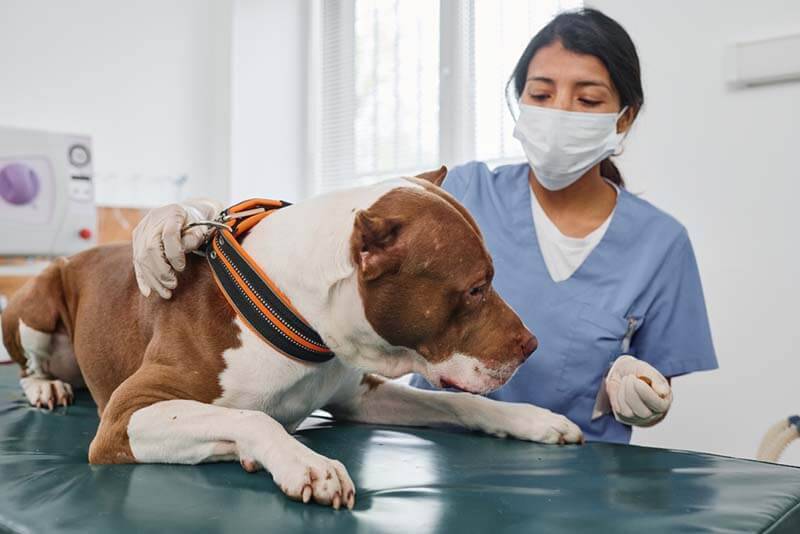
Treatment
If food stress is suspected, if the dog has a small amount of mucus in the stool, but otherwise feels well, switching to a dietary food and eliminating inappropriate foods from the diet can be a treatment. However, if the mucus persists for longer and / or the pet’s condition worsens (lethargy, vomiting, diarrhea, etc.), it is recommended to contact a veterinarian.
Specialized feeds are often used for other reasons as well. They are considered an easily digestible food that helps restore the intestinal walls.
If a foreign object is found in the gastrointestinal tract, neoplasms, in most cases, surgery will be required to remove them. In the case of tumors, further chemotherapy may be prescribed.
If the dog goes to the toilet with mucus due to helminths and protozoa, then antiparasitic drugs are used. In infectious diseases, symptomatic treatment is used: antimicrobial, analgesic, antipyretic drugs, intravenous infusions (droppers) of solutions to compensate for fluid deficiency, etc.
With IBD, a veterinarian may use antimicrobial, immunosuppressive (immune depressant) drugs, and therapeutic diets.
As for puppies, they should be taken to the veterinarian as soon as they feel unwell. The approach to therapy will be the same as for adults.
Mucus in puppies stool
The reasons for the appearance of a stool with mucus in a puppy will be almost the same as in adults. Since animals are most curious at this age, everything that is in their access zone, both at home and on the street, can be tasted and eaten. Because of this, they most often have parasitosis, foreign objects in the gastrointestinal tract. In addition, the cause of the appearance of mucus may be a violation in feeding. Also, the risk of contracting dangerous intestinal infections is much higher due to still weak immunity. It is very important to immediately contact the veterinary clinic to find out the causes of the condition in which the puppy poops mucus.
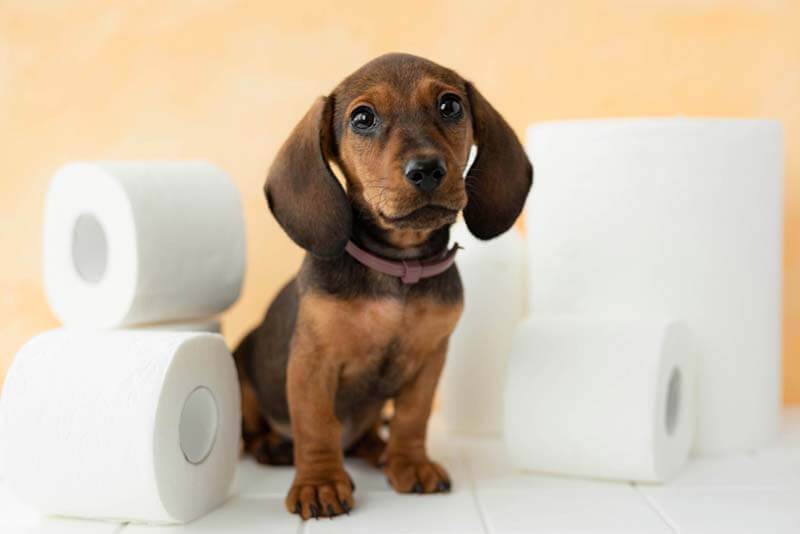
Prevention
To prevent diseases of the digestive system, which can lead to the appearance of mucus in the feces of a dog, you should:
Prevent the pet from using any uncharacteristic products, foreign objects (bones, sticks, bags, etc.) on the street or in the apartment, and also prevent treating food from the master’s table;
Organize the right balanced feeding. To do this, you can consult with a veterinary nutritionist.
Regularly carry out deworming: at least 1 time in 3 months;
Vaccinate your pet against infectious diseases annually.
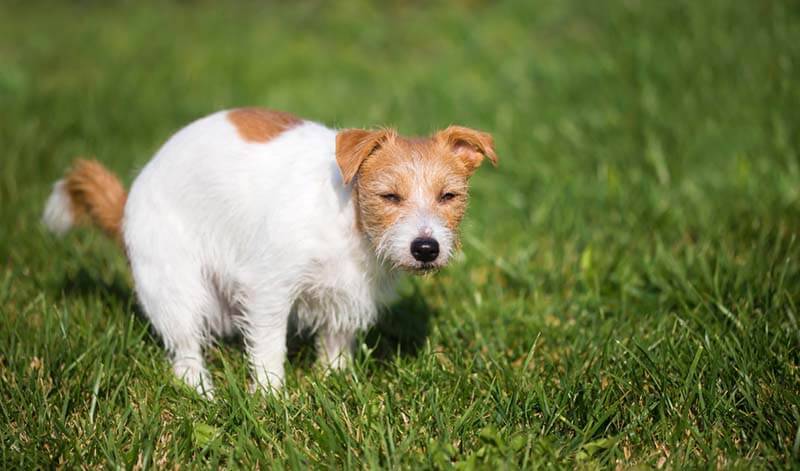
Mucus stools in dogs
Mucus in the feces of a dog occurs for various reasons: infections, parasitosis, feeding errors, eating foreign objects, etc.
Treatment will depend on the cause that caused damage to the gastrointestinal tract: for example, therapeutic diets are used in the treatment of most causes, antiparasitic drugs are used for helminthiasis, and if foreign objects are found in the gastrointestinal tract, they are removed surgically.
For prevention, it is necessary to carry out timely treatment against parasites and vaccination of animals.
You don’t need to train your dog to feed from the table.
Puppies should be taken to the veterinary clinic as soon as they feel unwell.
Answers to frequently asked questions
Sources:
Ruppel V.V. Inflammatory bowel disease in dogs: the relevance of the problem and various types of enteropathy // 2019.
Hall E, Simpson J., Williams D. Gastroenterology in dogs and cats // 2010
Coates J. Mucus in Dog Poop: Causes and Treatment // 2020 // https://www.petmd.com/dog/conditions/digestive/how-treat-mucus-stool-dogs
Woodnutt J. Mucus in Dog Poop: Causes and How to Treat It // 2021 // https://www.greatpetcare.com/dog-health/mucus-in-dog-poop/



